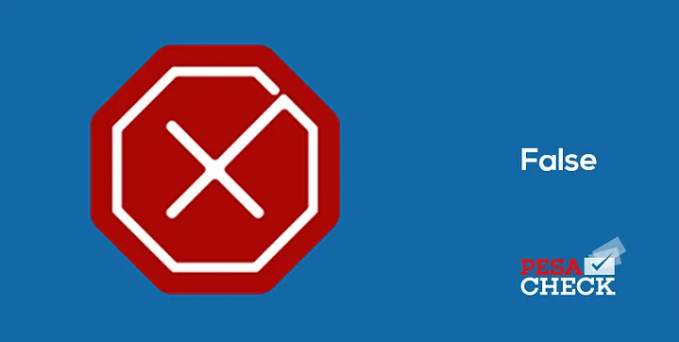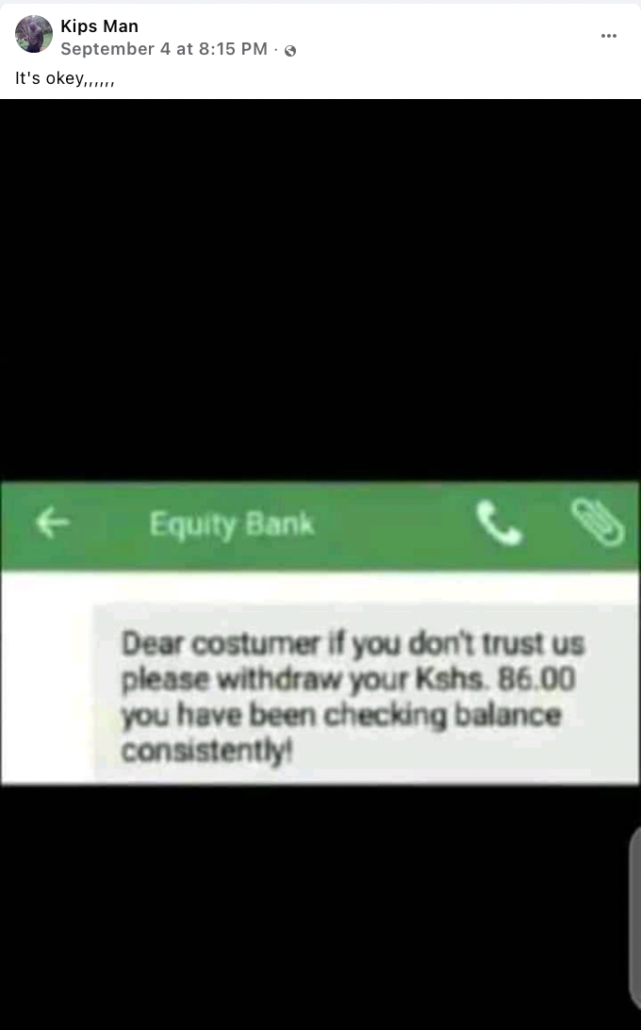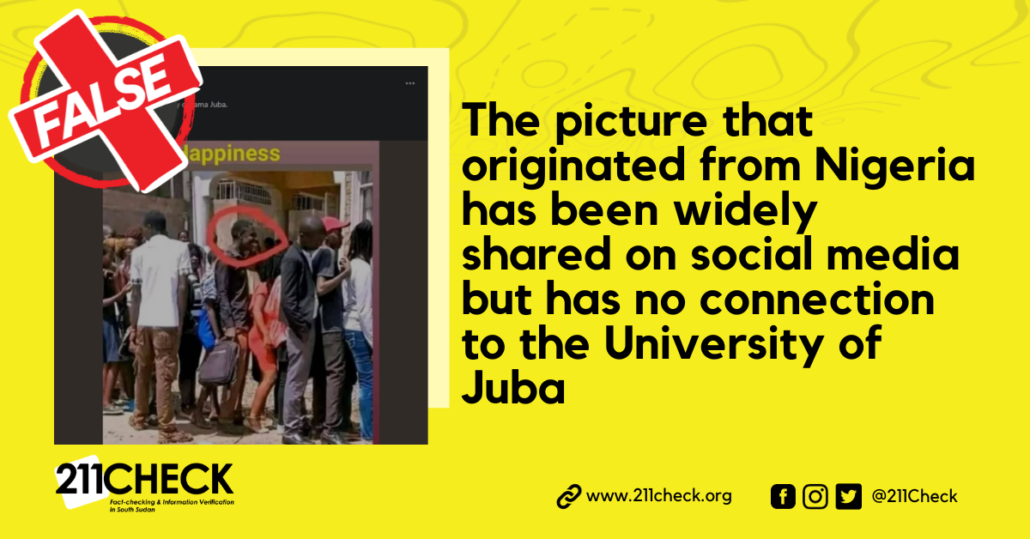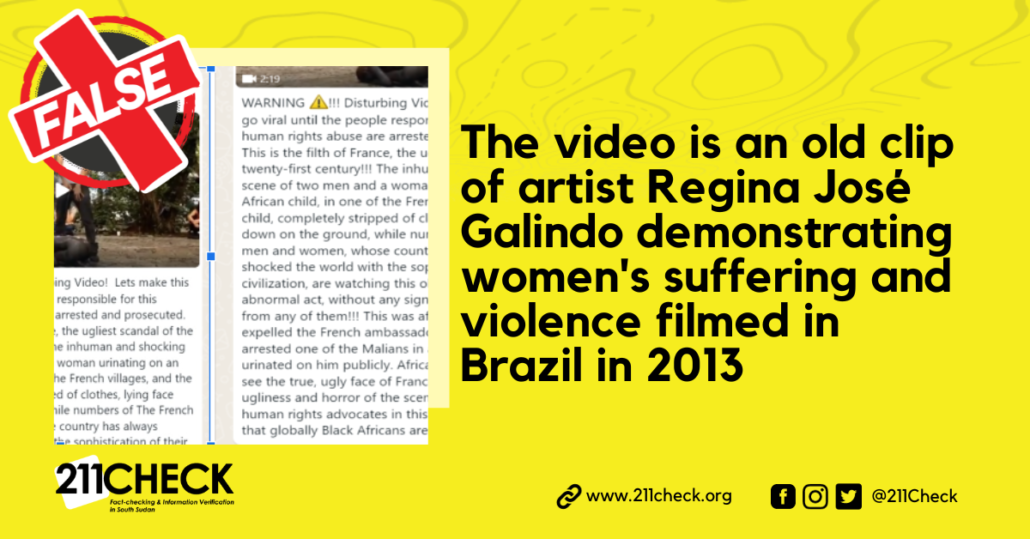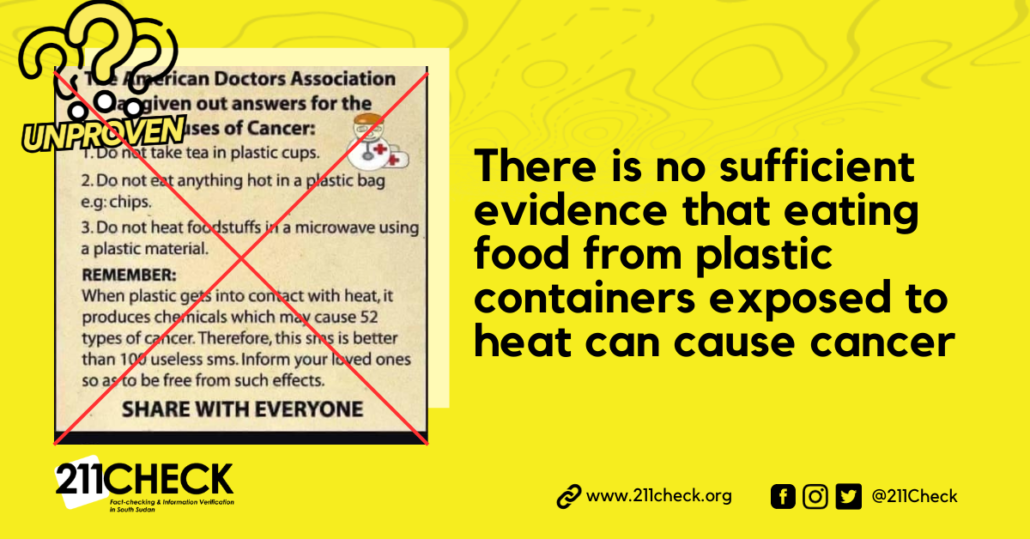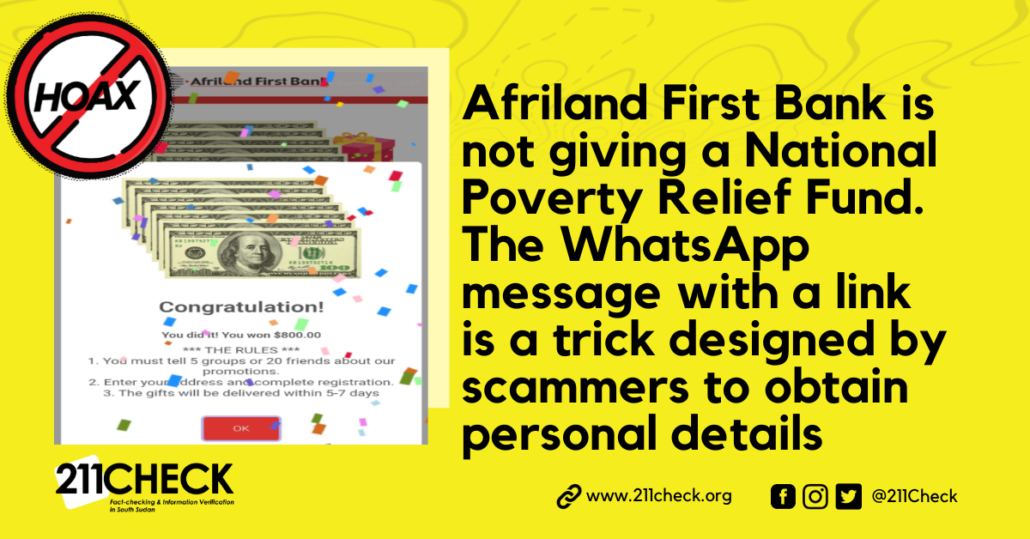Fact-check: Did a military coup take place in Congo-Brazzaville in September 2023?
No, Congo-Brazzaville’s government spokesperson dismissed the claims.
Writer: Ochaya Jackson
A viral claim on various online platforms that a military coup took place in Congo-Brazzaville on September 17, 2023, is false.
The news of the alleged coup came after Congo-Brazzaville’s President, Gen. Sassou Ngueso, was reported to have travelled to the United States to attend the 78th session of the United Nations General Assembly gathering in New York.
In one instance, an X (formerly Twitter) user posted that there was a military coup in Congo-Brazzaville and added that the country’s president was in the United States.
“There is a military coup in Congo Brazzaville at the moment. Congo President Nguesso is reported to be in [the] US at the moment. He’s been in power for decades. LETS GO!,” reads the post.
The screenshot of the X post about the coup in Congo Brazzaville
A YouTube channel, NED Media, also uploaded a clip about an alleged coup in Congo-Brazzaville on September 17, 2023, featuring a video of soldiers walking alongside moving military vehicles on the street. The video also shows a crowd gathering at the stadium that appears to have been taken in Niger when the public was cheering the military junta that took over power in July 2023.
Additionally, on September 18, 2023, another X user posted that the coup was ongoing and the military was controlling critical facilities in the country’s capital.
“There is a military coup ongoing in Congo Brazzaville. The 79-year-old President Nguesso, who has been in power for a combined 39 years, is reported to be in the US at the moment. The military is taking over key facilities in the country’s capital. According to the preliminary report, the coup is led by the commander of the presidential guard,” the post reads.
The screenshot of the X user tweet about the coup
More posts about the coup were also shared here and here where the post alleges that the commander of Brazzaville’s presidential guard, Serge Obua instigated the coup.
The screenshot of the Facebook post claiming the military coup
Claim Verification:
Following the spread of the claim, the government of Congo-Brazzaville, through the Minister of Communication and Media, Thierry Lézin Moungalla, who also doubles as the Government Spokesperson, issued a statement (archived here) dismissing the coup as fake news.
“Fanciful information suggests serious events are taking place in Brazzaville. The government denies this fake news. We reassure public opinion about the calm that reigns and invite people to calmly go about their activities,” reads the statement published on the government’s website.
Moungalla also refuted the news of the coup through his X account.
A consequent keyword search on X returned media reports quoting the Brazzaville government’s spokesperson as dismissing the coup attempt claims.
A further keyword search on Google for “Congo Brazzaville military coup news” also returned many media sources that quoted Moungalla’s statement. In one report by fact-checking organisation PesaCheck, journalists based in Congo-Brazaville also confirmed no coup on September 17, 2023.
211 Check also deduced that when a coup happens, it does not take long before the plotters announce themselves to the public, as in the case of Niger and Gabon.
Additionally, since September 17, 2023, when the coup attempt information started circulating on media spaces, no major announcements of the military takeover or the Brazzaville government foiling an attempted coup have occurred.
The only official statement from the government of Congo-Brazzaville is that the claims about a coup attempt are fake news.
Conclusion:
211 Check finds the claim that the President of Congo Brazzaville, Gen. Sassou Ngueso, was overthrown in a military coup on September 17, 2023, false.
This fact check was published by 211 Check with technical support from Code for Africa’s PesaCheck newsdesk through the African Fact-Checking Alliance (AFCA).
To ensure accuracy and transparency, we at 211 Check welcome corrections from our readers. If you spot an error in this article, please request a correction using this form. Our team will review your request and make the necessary corrections immediately, if any.
It’s vital to fight misinformation and disinformation in the media by avoiding fake news. Don’t share content you’re uncertain about. False information can harm and mislead people, risking their lives—Fact-check before sharing. For more details, visit https://211check.org/ or message us on WhatsApp at +211 917 298 255. #FactsMatter.


